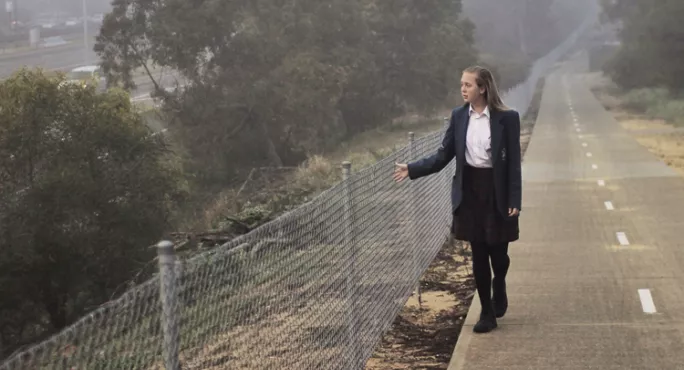As someone who has experience of two very different kinds of school, I thought I would describe some of the differences and similarities between an all-girls academy in Essex and the private boys’ boarding school where I currently study.
Before leaving my secondary school to try a new sixth form, I knew above all that I wanted a change - a fresh experience to sink my teeth into. That’s why I decided to apply to Westminster School in London. So I went from a single-sex academy, a bus journey from home, to the co-educational sixth form of a private boys’ school in the centre of the capital.
Instinctively you would assume that these two schools were worlds apart from each other. But while I have felt the change to some extent, I have not been as submerged in an alien world of wealthy, snobby, elitist people as the general view would have had me believe. In fact, the majority of the school life is exactly the same. The truth is that you can change the location, the gender of the pupils and the facilities as much as you want…but a school is still a school.
On the other hand, there are noticeable differences. Having the weekly assembly in Westminster Abbey instead of the school hall, for example, is pretty hard to ignore. And boys. Everywhere I look boys instead of girls. That took a few weeks of adjustment coming from a same-sex environment; except I can now testify against the argument that classes are calmer without boys - the classroom atmosphere has barely shifted for me. Girls were just as disruptive and loud.
Apart from these things and the subtleties that make up every school - no matter what its funding status - individual (such as school lingo, in-jokes and history), there were no shocking differences in the experience.
Some say that private education is elitist and does not provide the equality of opportunity that those with liberal values would prefer, and saying that private schools perpetuate the class system might be true on one level. However, so do all the educational additions that pupils usually engage in - music lessons and private tutoring for example. Any family paying for these things is also stepping outside the realms of what is state-funded, leading to inequality.
We must also remember in our endless comparisons of schools and systems that every single child is unique and will experience a situation from different perspectives and ends of the spectrum. So before making snap judgements, it would be beneficial to bear in mind that it comes down to freedom of a personal, private choice in the end.
Want to keep up with the latest education news and opinion? Follow TES on Twitter and like TES on Facebook




